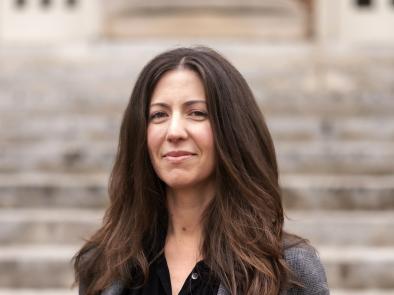
Dr. Francesca Tripodi is a sociologist and media scholar whose research examines the relationship between social media, political partisanship and democratic participation, revealing how Google and Wikipedia are manipulated for political gains.
She is an assistant professor at the UNC School of Information and Library Science (SILS), a senior faculty researcher with the Center for Information, Technology and Public Life (CITAP) at UNC, and an affiliate at the Data & Society Research Institute.
Tripodi holds a PhD and MA in sociology from the University of Virginia, as well as an MA in communication, culture and technology from Georgetown University. Before coming to Carolina, she was an assistant professor of sociology at James Madison University.
In 2019, Dr. Tripodi testified before the U.S. Senate Judiciary Committee on her research, explaining how search processes are gamed to maximize exposure and drive ideologically based queries. This research is the basis of her book, which is under contract with Yale University Press. She also studies patterns of gender inequality on Wikipedia, shedding light on how knowledge is contested in the 21st century.
Her research has been covered by The Washington Post, The New York Times, The New Yorker, The Columbia Journalism Review, Wired, The Guardian and The Nieman Journalism Lab.

